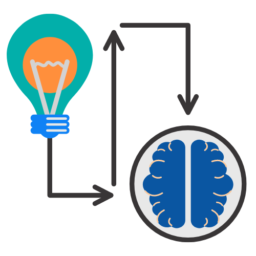In an increasingly interconnected world, global managers are expected to navigate diverse teams, complex markets, and cross-cultural relationships with confidence. Technical expertise and strategic vision remain important, but interpersonal skills often determine whether managers thrive—or struggle—in a global context. At ELAM, we see firsthand how mastering these human-centric abilities empowers leaders to build trust, drive collaboration, and achieve success across borders.
1. Active Listening

2. Empathy
Managing across cultures requires an ability to step into another’s perspective. Empathy allows managers to appreciate different values, communication styles, and expectations. Demonstrating empathy fosters inclusion, helps resolve conflicts, and ensures team members feel heard and valued, no matter where they come from.
3. Adaptability

4. Clear Communication
Global managers must communicate in ways that transcend language barriers. This means being clear, concise, and mindful of idioms or jargon that might not translate well. Using plain language, reinforcing messages with visuals, and confirming understanding are all strategies that help ensure communication is effective across cultures.
5. Cultural Awareness
Understanding cultural norms is critical to avoiding misunderstandings. A greeting, a pause in conversation, or even silence can carry different meanings in different cultures. Managers who invest in cultural awareness training are better equipped to navigate these subtleties and demonstrate respect in every interaction.
6. Conflict Resolution

7. Emotional Intelligence (EQ)
Finally, emotional intelligence ties all these skills together. Managers with high EQ are aware of their own emotions and skilled at managing them, even in high-pressure environments. They can read the emotional climate of a room, respond appropriately, and inspire confidence in their teams.
Conclusion
Being a global manager today requires far more than technical know-how. Interpersonal skills—listening, empathy, adaptability, communication, cultural awareness, conflict resolution, and emotional intelligence—are the true differentiators that allow leaders to excel in diverse environments. At ELAM, we help professionals sharpen these abilities through targeted language and intercultural training, giving them the tools to succeed as global leaders.















